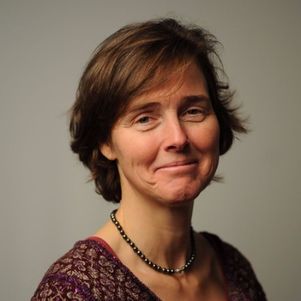Pieternel Levelt Director American NCAR
In the first quarter of 2021, Pieternel Levelt (Professor of Remote Sensing of the Earth Atmosphere) will start as director at the National Center for Atmospheric Research (NCAR), located in the city of Boulder (Colorado). Despite her move to the US, she will continue to work as a part-time professor at our faculty.
She will become director of the ACOM (Atmospheric Chemistry Observations & Modelling) department. This institute was previously headed by Dutch Nobel Prize winner Paul Crutzen and world-renowned atmospheric researcher Guy Brasseur. ACOM focuses entirely on research on the atmospheric chemistry of the earth's atmosphere.
Pieternel is no stranger to this prestigious scientific institute. She first came to NCAR as a visiting scientist in 1997 and has since returned for numerous collaborations with colleagues from ACOM, the National Oceanographic and Atmospheric Administration (NOAA) and the University of Colorado Boulder. She is also a member of ACOM's Advisory Board.
Currently, Levelt is a professor at TU Delft. She will continue to work as a part-time professor at KNMI, where she is currently head of the R&D Satellite Observations department. She will continue her role as principle investigator (PI) at OMI. For Levelt, this appointment also means moving to Boulder.
Pieternel is looking forward to this fantastic environment and wonderful job: 'It is an honour to become director of ACOM, a leading institute for atmospheric research. ACOM focuses on all aspects of observation, instrumentation and modelling of atmospheric chemistry. At the moment, this is a very important area because of everything that is going on around air pollution, the impact of COVID-19, forest fires and climate change. With the experience of the two satellite instruments OMI and Tropomi, as scientific initiator and principle investigator, and with my leadership of an international team of researchers, I can contribute to the future of ACOM'.
Read more about Pieternel Levelt's research and her work on OMI and TROPOMI in Stories of Science.
